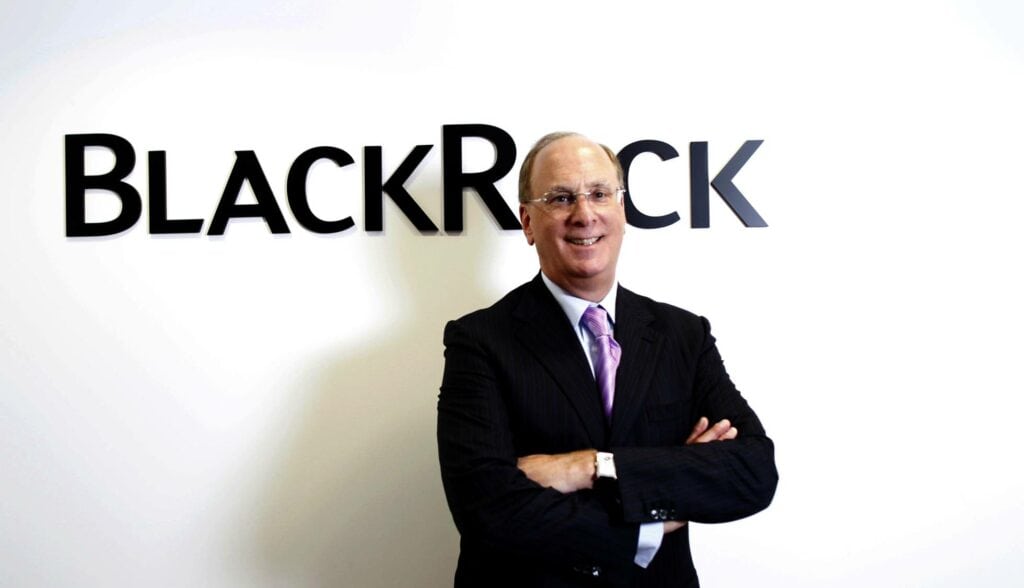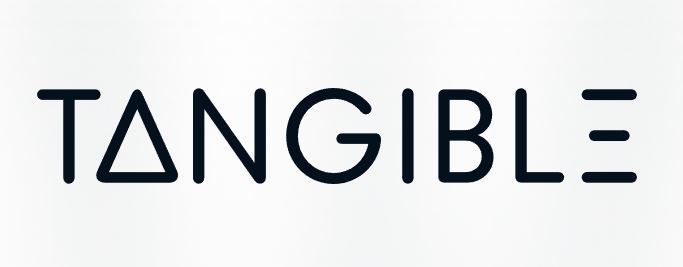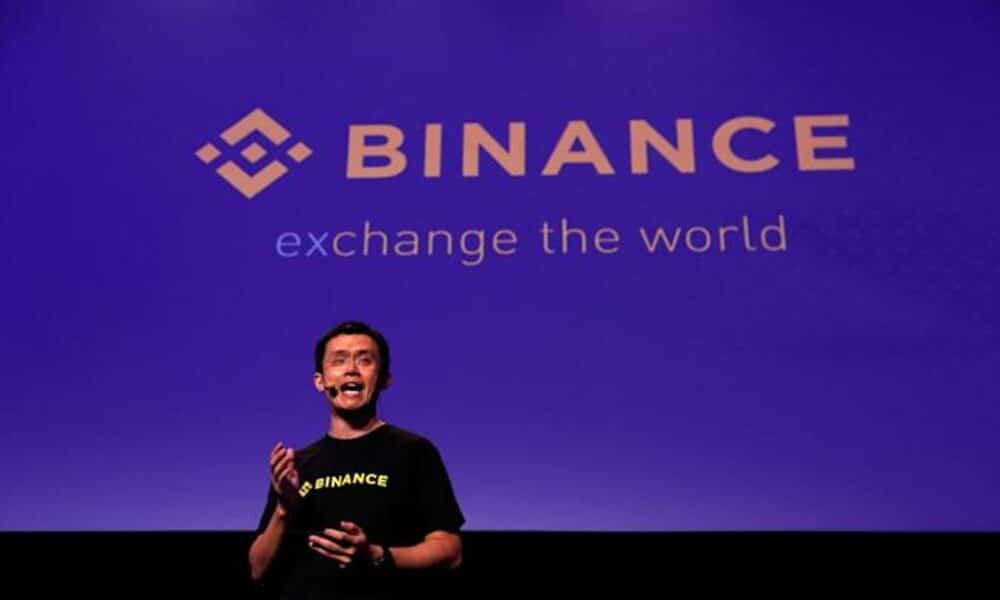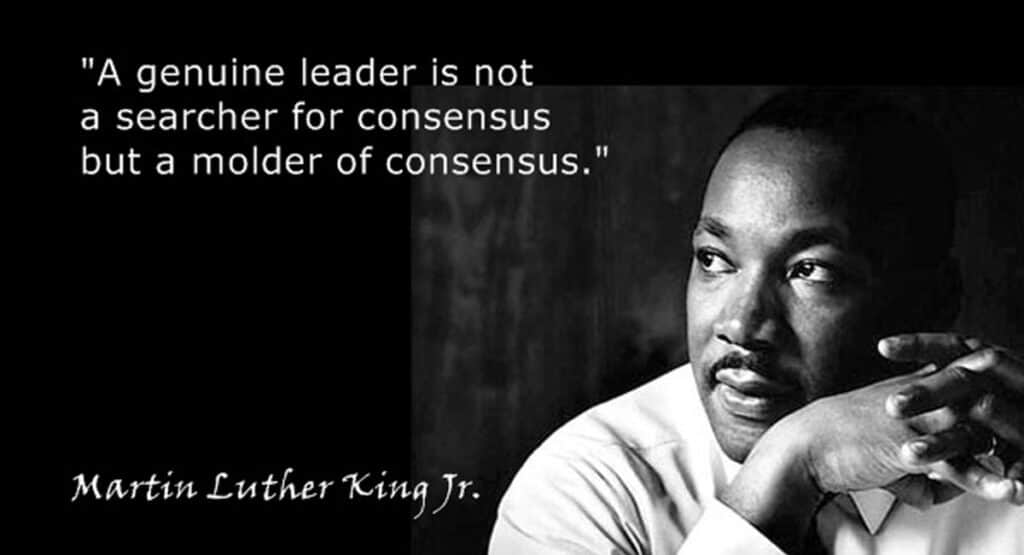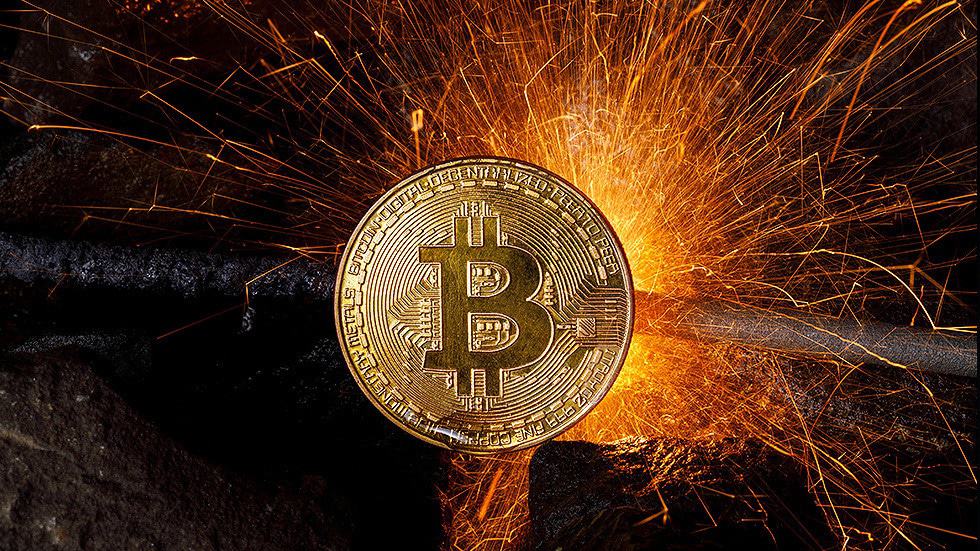The vice president of the European Securities and Markets Authority is calling for a ban on the Proof-of-Work algorithm. He gives the example of his country, where he believes Bitcoin is destabilizing the energy balance.
Proof-of-Work under fire
Erik Thedéen, in an interview with the Financial Times, said that he is urging the European Union, through the European Securities and Markets Authority, to ban cryptocurrency mining capabilities on its soil. In his view, while the algorithm provides high network security, it consumes too much power to be acceptable any longer.
“We need to have a discussion about moving the industry toward more efficient technology,” – says Thedéen. He is referring, of course, to the Proof-of-Stake algorithm on which many blockchains operate.
The idea behind Thedéen’s idea originates in his native Sweden. According to him, in this Scandinavian country, the fight against the Proof-of-Work algorithm has become a national issue. This is because PoW uses too much renewable energy. The energy-intensive work to mine Bitcoin is said to hinder climate goals and allegedly takes energy resources away from projects that need them more. It is not clear exactly which projects the MEP has in mind here. One can only assume that the opinion he gives is based on his own beliefs as to the gradation of priorities in the country. Nevertheless, apart from the mentioned ban proposal, he is also looking for a solution. But is it the right one?
Banning mining – what would it mean for cryptocurrencies?
The Proof-of-Work algorithm is, next to Proof-of-Stake, the most popular method of processing transactions in crypto networks. However, there are significant differences between the two. First of all, Proof-of-Work requires the use of considerable energy and hardware resources in order for transactions to be validated while new coins are acquired in return. Proof-of-Stake is free from these mechanisms. In this way, it is significantly cheaper to deploy and thus leaves a smaller carbon footprint without affecting climate change.
Despite its advancement, PoW technology raises questions. Technically, changing Bitcoin’s mining algorithm would be possible, especially since Ethereum is undergoing such a process. However, it is difficult to assume that miners would agree to it. It would weaken the security of the network and significantly change the very idea of Bitcoin, which would lose its fundamental value. Thus, a scenario of restricting Bitcoin mining within the European Union is possible. Proof-of-Stake projects should benefit from this.
However, no decisions have been made yet and the issue is developing. We will follow it and write about it on a regular basis.


